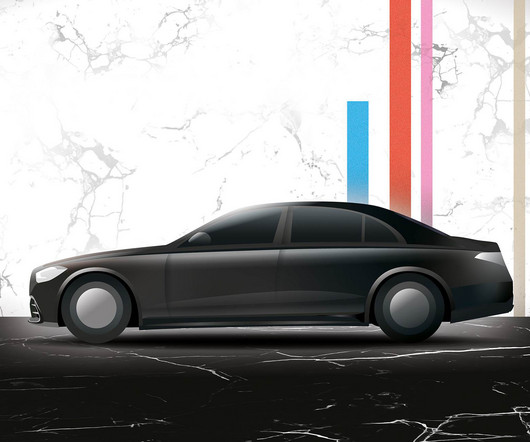JATO: global vehicle sales fall by 39% in March; electrified vehicles up to 17.4% new registration market share in Europe
Green Car Congress
APRIL 30, 2020
Global vehicle sales totalled 5.55 This represents the largest year-on-year monthly decrease since 1980, when JATO Dynamics started to collect data—even surpassing the global financial crisis in November 2008, which saw a 25% decline in sales. China, Europe, and the US all posted double-digit declines in March.












Let's personalize your content